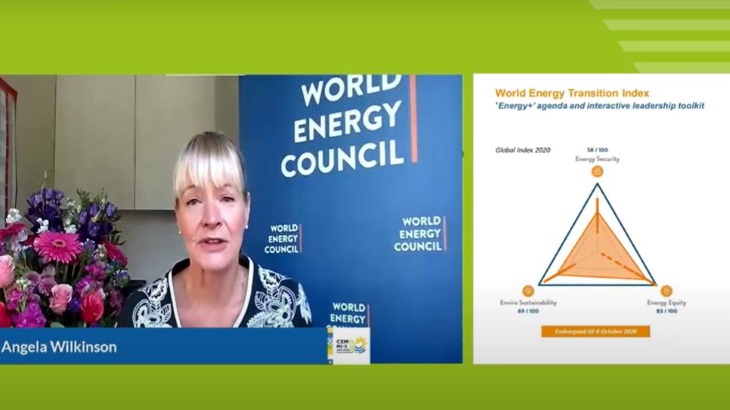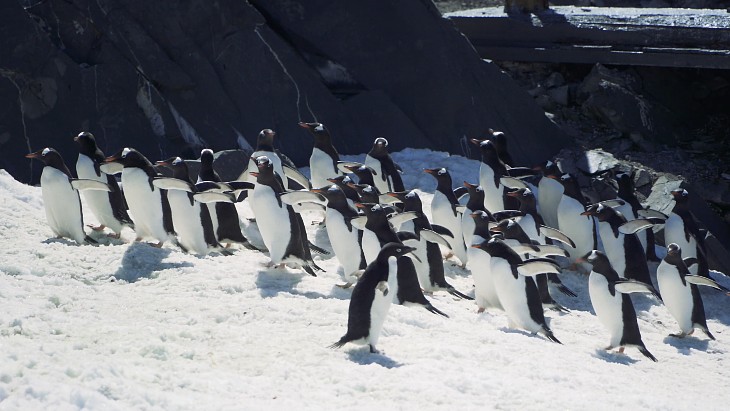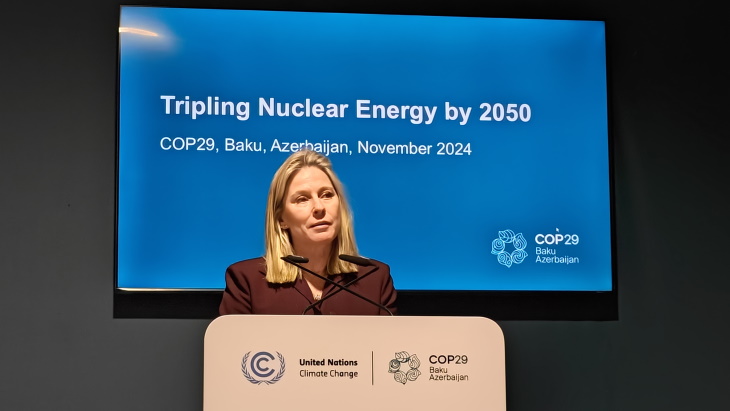Pandemic has 'humanised' energy, says World Energy Council CEO

"The COVID-19 is a brutal shock on an already stressed world energy system. Resilience has been tested," Wilkinson said. "Recovery will not be easy. Any hope of transformation will involve massive financial capital reallocation in a new context of affordability and social justice. Billions of lives and trillions of dollars are at stake."
WEC is "an open to all, practical and intensely impartial worldwide energy community", she stressed. "You won't hear us talk about what you should do; we leave that to others. We exert our energies on how to build and transform whole energy systems for the benefit of the whole of society. We are the 'how to do it' community."
Wilkinson reminded participants in CEM11 that, at the 24th World Energy Congress, held in Abu Dhabi in October last year, WEC had highlighted new elements of this era: connected challenges, which now include the energy-cyber nexus; customer-centricity, as value creation is moving toward the end-user; collaborative innovation imperative, which makes use of all technologies but is not technology centric.
To reflect these developments, WEC has added a fourth 'd' - disruption - to the three existing global drivers of decarbonisation, decentralisation and digitalisation that it has been tracking for over a decade. Disruption anticipates the new demand-side dynamics that are now driving choices about the supply mix, Wilkinson said.
"We left Congress with a new vision of humanising energy because the future of energy is going to be more demanding, literally. Our new vision of humanising energy has rapidly come of age in this crisis. COVID reminds us that policy agendas, like human ambitions, are intertwined. In energy’s case, it connects all agendas. Today's single-issue energy fashion, and there have been many, is the so called 'race to zero'. However, energy does not lend itself to single-issue thinking and our societies need us to join the dots."
Over a decade ago, WEC created the World Energy Trilemma Index to encourage countries to learn from each other about balancing energy security, affordability and equity, and environmental sustainability. It will publish its latest edition at World Energy Week LIVE! next month.
"COVID has also taught us that individual behaviours can shift quickly and have lasting global outcomes," Wilkinson said. "We have identified three key uncertainties - about trust, ambition and control of the virus - which are driving differences in actions of countries and companies."
WEC has developed post-crisis scenarios to 2024 and yesterday launched a World Energy Transition Radar. This tool tracks real-time signals from across the world and shows how recovery and transformation plans are starting to impact the speed and direction of global energy transition, Wilkinson said.
"The current global snapshot highlights the growing weight of signals showing a human-centric recovery is taking centre stage. And clean energy vectors are gaining momentum," she said. "Geographical comparison reveals very different perspectives. Each of you is on this map and we could have a long and interesting conversation about what the differences mean. I look forward to supporting your discussions on how to inform investment options at this critical moment, when we introduce these new tools to you at World Energy Week LIVE!"
WEC, which holds its World Energy Leaders’ Summit on 8 October, urges policymakers "to avoid an agenda that is pushed by elites and paid for by society, and especially the most vulnerable", she said. "Let's use our combined convening powers to open safe spaces for courageous conversations about 'how to' manage the full costs to societies."
The next World Energy Congress will be held in 2022, in Saint Petersburg, Russia.

_99697.jpg)

_53540.jpg)





_66488.jpg)


